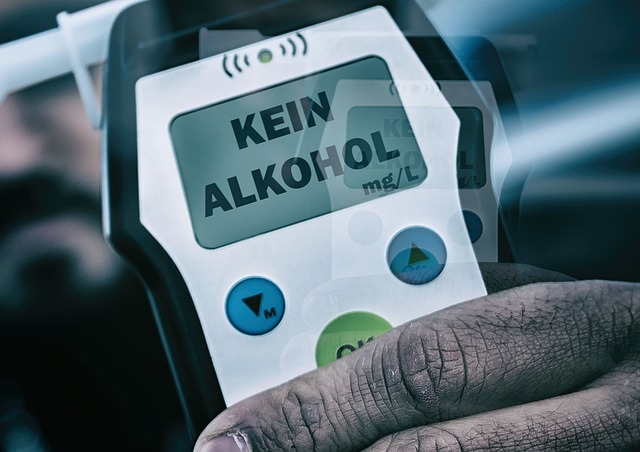Youth Justice emphasizes fair treatment for adolescent offenders, considering their immaturity and vulnerability. Understanding rights during field sobriety tests is crucial; these include the right to remain silent and legal counsel. Law enforcement must conduct tests sensitively and impartially, as knowledge of these rights empowers youth to protect themselves legally during interactions with authorities.
In today’s digital era, ensuring fair treatment in youth justice is more crucial than ever. This article delves into the complex landscape of youth justice, focusing on the fundamental right to fair treatment during field sobriety tests. Understanding these rights is vital for both young individuals and law enforcement, as it navigates the delicate balance between public safety and due process. By exploring specific rights during field sobriety tests, we aim to empower folks with knowledge, fostering a safer and more just society.
- Understanding Youth Justice and Fair Treatment
- Rights During Field Sobriety Tests: What You Need to Know
Understanding Youth Justice and Fair Treatment

Youth Justice aims to ensure that young people are treated fairly within the criminal justice system, acknowledging their unique needs and vulnerabilities. This includes recognizing that adolescents often lack maturity and experience, making them more susceptible to errors in judgment and decision-making. Fair treatment means applying age-appropriate practices during interactions with law enforcement, especially during field sobriety tests. These tests, crucial for assessing impairment, must be conducted with sensitivity to protect the rights of young individuals.
Understanding the specific considerations surrounding youth justice is essential, particularly when it comes to their rights during field sobriety tests. Given that these tests can significantly impact a young person’s future, proper procedures and a nuanced approach are vital. By ensuring fair treatment, we can foster a more just and effective criminal justice system that supports the healthy development of young people.
Rights During Field Sobriety Tests: What You Need to Know

During field sobriety tests, young individuals must be aware of their rights to ensure a fair and just process. These tests, often administered during traffic stops or other law enforcement interactions, can have significant implications for a person’s future. Knowing your rights is crucial in navigating these situations. For instance, you have the right to remain silent; anything you say can and will be used against you in court. Additionally, you are entitled to an attorney; if you cannot afford one, one will be provided for you.
Furthermore, law enforcement must conduct these tests fairly and consistently. They should be administered the same way to everyone, ensuring no bias or discrimination. You have the right to refuse certain tests, such as field sobriety exercises, but be prepared for potential consequences like license suspension. Understanding these rights empowers youth to protect themselves legally during interactions with authorities.
In ensuring fair treatment within youth justice, understanding and knowledge are key. By recognizing their rights during field sobriety tests, young individuals can navigate these situations with confidence and assertiveness. Educating both youths and law enforcement on these rights fosters a more equitable system, promoting the respectful and just treatment of all parties involved. Remember, being informed is a powerful tool in advocating for one’s rights and ensuring a fair process.






